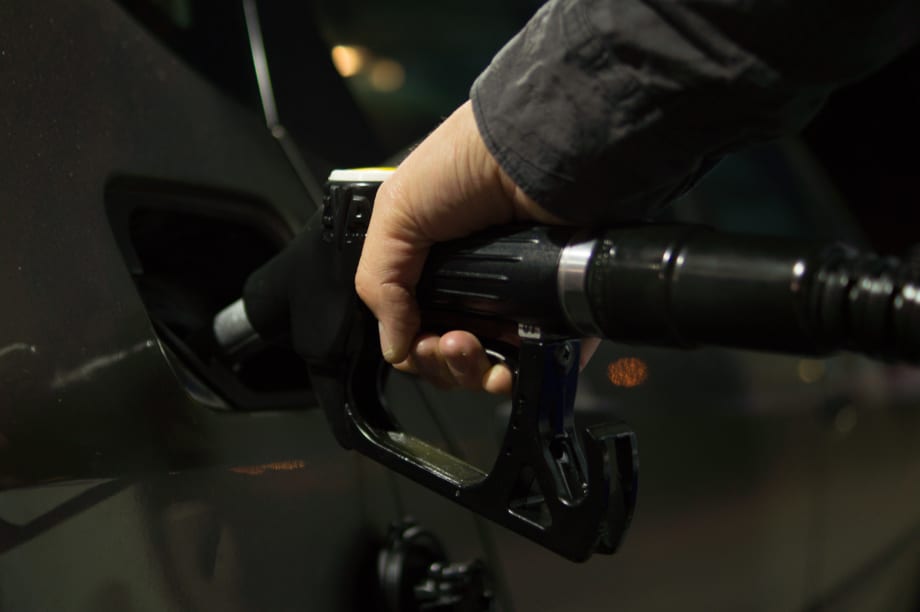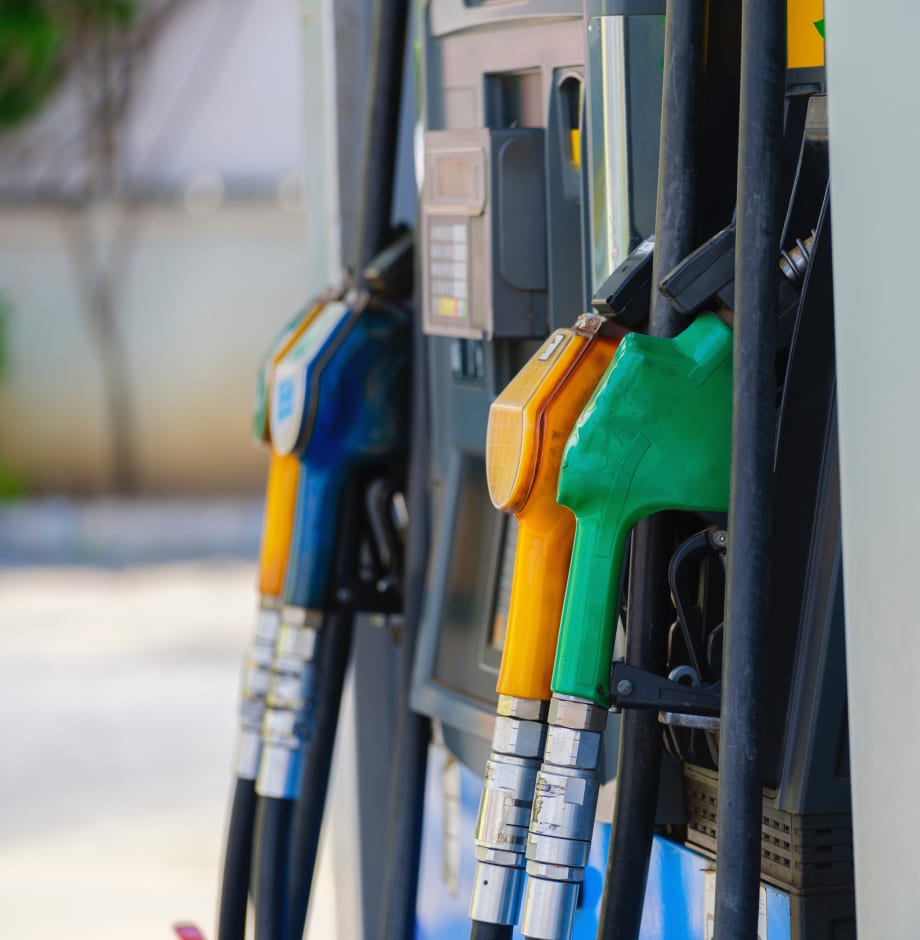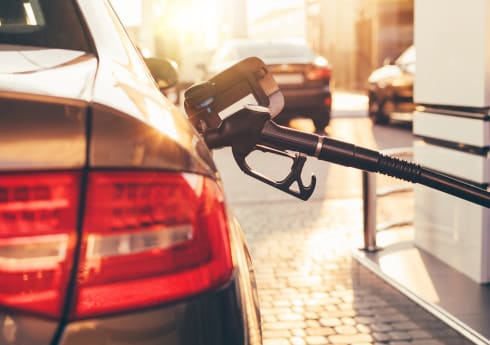Partially Pumped Up: Our Survey Reveals Many UK Drivers Can’t Afford to Fill Their Car with a Full Tank of Petrol
The UK continues to experience a high cost-of-living, and reports suggest that the cost of petrol is continuing to rise month-on-month.
We were keen to understand how these costs are impacting upon drivers, and to analyse whether Brits are having to make tough choices to prioritise their spending.
Specifically, we conducted a survey of 2,000 UK drivers, and asked how many motorists have been partially filling up their petrol tank, either because they can’t afford a full tank, or to save their money for essentials like groceries, rent or mortgage payments, and other essentials.
The results made for interesting reading…

Huge majority of drivers partially fill their tank due to financial pressures
We were surprised to find that only one out of every five (21%) fills their petrol tank to the brim during each visit to the pump – meaning four-fifths of us (79%) partially fill our tank at least some of the time due to money woes.
One in seven of us (14%) only partially fill their tank every single time they visit a petrol station, with a further third (32%) saying that the cost of petrol means that they fill up with less than a full tank ‘the majority of the time’.
Put simply, drivers that can afford to fill up with a full tank every single time are in the minority in the UK – highlighting how strong a perk fuel cards can be for UK workers.
This appears to be particularly true for millennials, with a whopping 70% of 25-34-year-olds frequently opting for less than a full tank due to financial concerns, ranking as the highest percentage across all age groups. Additionally, 17% of millennials fills up with less than a full tank every single time.
On the other end of the spectrum, a considerable portion (42%) of those aged 65 and above consistently choose to fill up with a full tank on each visit to the pump.
Is partially filling your tank becoming more frequent?
More than a third of the motorists we spoke to (35%) said that they have been filling up with less than a full tank more often in the past 12 months, as the cost-of-living situation continued to play a role.
Again, 25-34-year-olds are the most affected. Nearly half (43%) of individuals aged 25-34 have experienced an increase in their tendency to opt for less than a full tank compared to the same period last year. A similar pattern emerges among those aged 35-44, with 39% adopting this practice.
That said, a considerable portion of older drivers are filling up with less than a full tank more frequently than this time last year. Around a third of 45-54-year-olds (30%) and 55-64-year-olds (31%) admit to this.

Regional variations
The rise in fuel costs has hit drivers in Bristol the hardest, with almost half of those surveyed (46%) saying that they’re partially filling their car more often than this time last year.
A similar rate of drivers in Sheffield (45%), and London (40%) are finding things harder than 12 months ago.
Around a third of motorists in Sheffield (32%) have filled their car with a full tank every single time they have visited a petrol station, a higher proportion than in any other UK city.
At the other end of the scale, just one in ten drivers in Belfast (10%) and Bristol (10%) have filled their car with a full tank every single time.
Is it bad to partially fill your car?
It is completely understandable to need to fill your car with less than a full tank sometimes due to money concerns, but is it doing any harm?
Whilst not the worst move in the world, there are some potential drawbacks from a partially filled up car.
An empty petrol tank can get dust and other bits of debris inside it, and without fuel in there, this can move around the tank and cause some damage, and potentially limit performance.
Though unlikely, there is also a risk you let your vehicle get close to empty, that with an unexpected problem (traffic jams, petrol station closed, etc) that you could find yourself out of fuel and needing roadside assistance.
Each motorist must weigh up the pros and cons and do what works for them.
Understand more about fuel and fuel cards in our guides section.

Driver Distractions: What are the most common distractions for UK motorists when on the move?

Data Reveals that Unqualified Drivers Are Considering Driving Illegally Due to High Learning Costs

